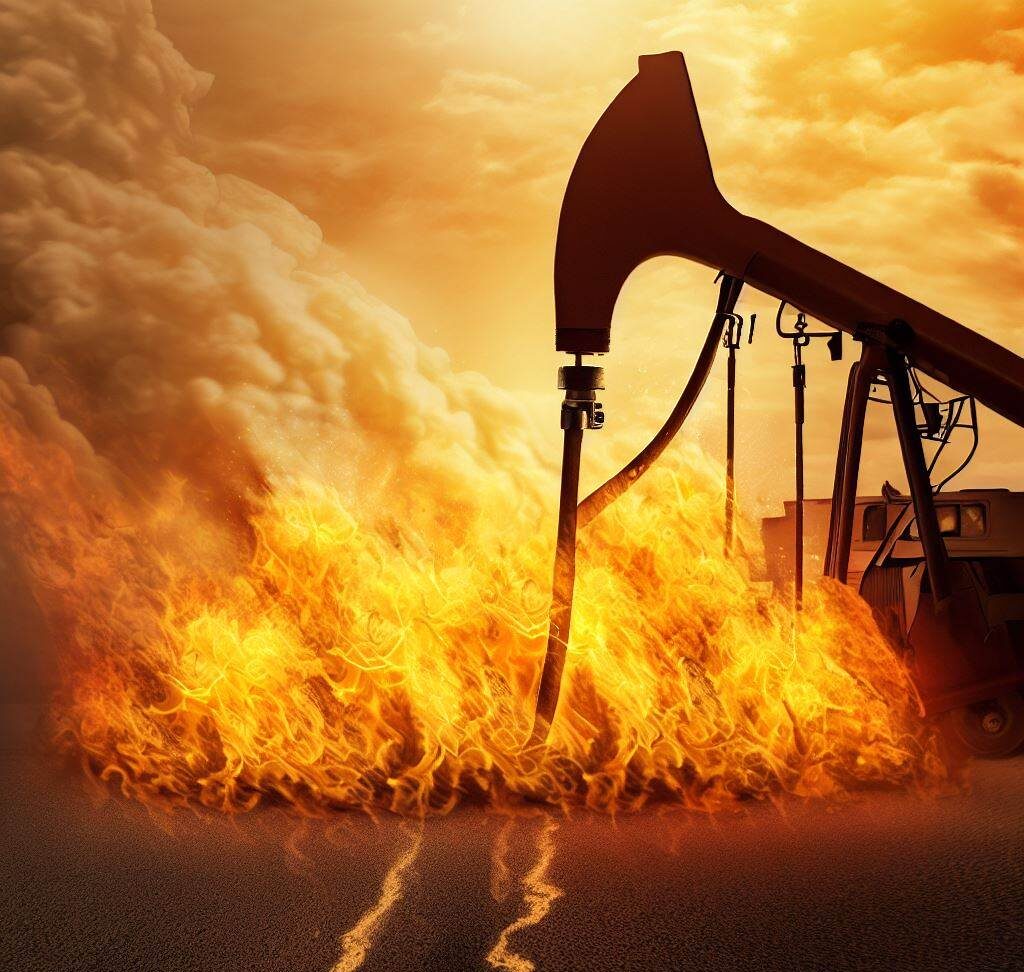Rising Fuel Prices in Pakistan
In recent times, Pakistan, like many other nations, has been grappling with the steadily increasing prices of fuel. This blog post delves into the complexities of this issue, its multifaceted implications, and the challenges it poses to the nation and its citizens.
The Unrelenting Surge:
The surge in fuel prices has been a cause for concern across Pakistan. Factors such as global oil market dynamics, currency exchange rates, and domestic taxation policies contribute to this upward trajectory. As a result, the cost of gasoline and diesel at the pump has been steadily climbing, burdening the budgets of individuals, businesses, and the overall economy.


Impacts on Daily Life:
The rising cost of fuel touches every aspect of daily life:
1. Transportation Costs: Commuters face increased expenses as they fill their vehicles with more expensive fuel, affecting the affordability of daily commutes and impacting the livelihoods of those in the transportation sector.
2. Inflation: Higher fuel prices drive up transportation and production costs, which, in turn, can lead to inflationary pressures on essential goods and services, affecting households across the socioeconomic spectrum.
3. Agriculture:Farmers face the challenge of higher fuel costs for machinery and transportation, potentially affecting food prices and food security.
Governments can review and adjust taxation policies on fuel to stabilize prices while still generating revenue for public services.























